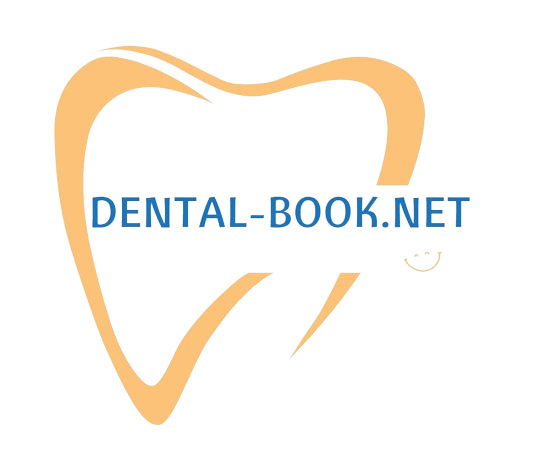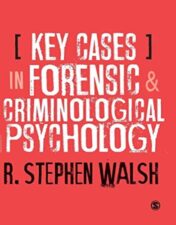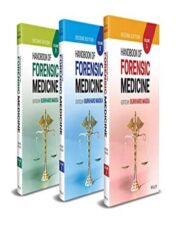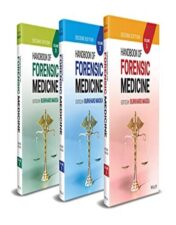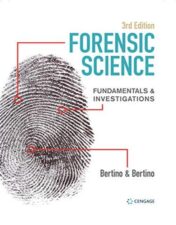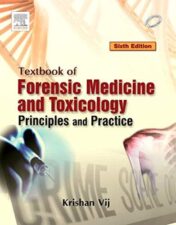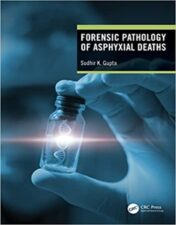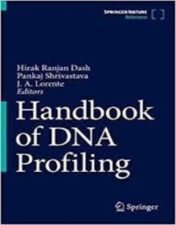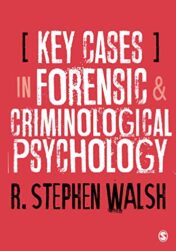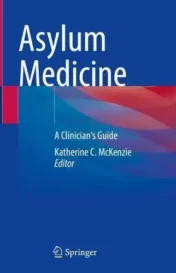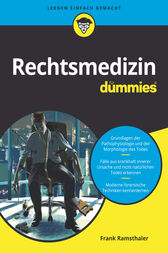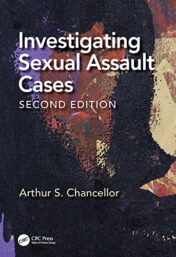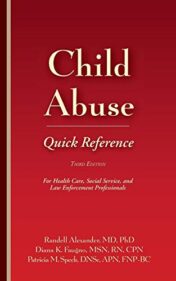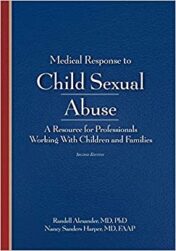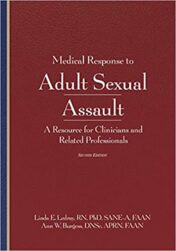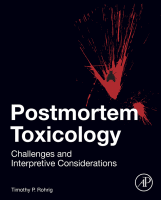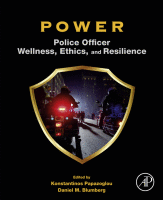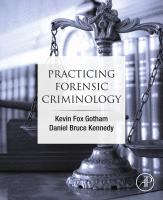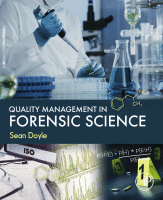Discover the Best Forensic Medicine Books to Enhance Your Knowledge
Discover the Best Forensic Medicine Books at DentalBooks.net
Are you looking for the best books on forensic medicine? Look no further than DentalBooks.net. Our selection of forensic medicine books is comprehensive and up-to-date, covering a wide range of topics from medical jurisprudence to forensic pathology. Whether you’re a student, professional, or just curious about the field, our collection has something for everyone. We offer books from leading authors in the field, so you can be sure that you’re getting the most accurate and reliable information available. Plus, our prices are competitive and our customer service is top-notch. So don’t wait any longer – explore our selection of forensic medicine books today and find the perfect book for your needs!
Forensic Medicine Books
Key Cases in Forensic and Criminological Psychology 2021 Original PDF
Forensic Medicine Books
Forensic Medicine Books
Handbook of Forensic Medicine, 2nd Edition 2022 epub+converted pdf
Forensic Medicine Books
Handbook of Forensic Medicine, 2nd Edition 2022 Original PDF
Forensic Medicine Books
Forensic Science: Fundamentals & Investigations, 3rd Edition 2020 Original PDF
Forensic Medicine Books
Textbook Of Forensic Medicine & Toxicology: Principles & Practice, 6th Edition 2014 Original PDF
Forensic Medicine Books
Forensic Pathology of Asphyxial Deaths 1st Edition 2022 Original pdf
Forensic Medicine Books
Forensic Medicine Books
Forensic Medicine Books
Forensic Medicine Books
Key Cases in Forensic and Criminological Psychology 2021 EPUB & converted pdf
Forensic Medicine Books
Forensic Medicine Books
Forensic Medicine Books
Forensic Medicine Books
Forensic Medicine Books
Forensic Medicine Books
Forensic Medicine Books
Manual Nonfatal Strangulation Assessment (Forensic Learning Series) 2017 Original pdf
Forensic Medicine Books
Forensic Medicine Books
Medical Response to Adult Sexual Assault 2e 2019 Original pdf
Forensic Medicine Books
Postmortem Toxicology Challenges and Interpretive Considerations 2019 Original pdf
Forensic Medicine Books
POWER Police Officer Wellness, Ethics, and Resilience 2020 Original pdf
Forensic Medicine Books
Practical Aviation Security Predicting and Preventing Future Threats 2017 Original pdf
Forensic Medicine Books
Forensic Medicine Books
Preventing Domestic Homicides Lessons Learned from Tragedies 2020 Original pdf
Forensic Medicine Books
Forensic Medicine Books
Forensic Medicine Books
The Psychology and Sociology of Wrongful Convictions Forensic Science Reform 2018 Original pdf
Forensic Medicine Books
Introduction
Are you looking to enhance your knowledge in forensic medicine? Look no further! Discover the best forensic medicine books to help you gain a better understanding of this fascinating field. From textbooks to reference guides, these books provide comprehensive coverage of the latest developments in forensic medicine and are written by leading experts in the field. Whether you're a student or a professional, these books will give you the information you need to stay up-to-date on the latest trends and techniques.
Introduction to Forensic Medicine: A Comprehensive Guide
Forensic Medicine: A Comprehensive Guide is an essential resource for anyone interested in the field of forensic medicine. This comprehensive guide provides a thorough overview of the various aspects of forensic medicine, from the basics of criminal investigation to the latest advances in DNA analysis and other forensic technologies. It covers topics such as crime scene investigation, autopsy techniques, toxicology, pathology, and more.
The book begins with an introduction to the history and development of forensic medicine, including its role in criminal justice systems around the world. It then moves on to discuss the fundamentals of criminal investigation, including evidence collection, interviewing witnesses, and analyzing physical evidence. The book also covers the use of modern technology in forensic investigations, such as DNA analysis, fingerprinting, and ballistics.
In addition to providing an overview of the field, Forensic Medicine: A Comprehensive Guide also offers detailed information on specific topics. For example, it includes chapters on forensic anthropology, which examines human remains to determine identity; forensic entomology, which studies insects to determine time of death; and forensic odontology, which uses dental records to identify individuals. It also covers the use of forensic psychology and psychiatry in criminal investigations.
The book also provides an in-depth look at the legal aspects of forensic medicine, including the rules of evidence, court procedures, and the rights of defendants. It also discusses the ethical considerations involved in forensic investigations, such as the need to protect the privacy of victims and witnesses.
Overall, Forensic Medicine: A Comprehensive Guide is an invaluable resource for anyone interested in the field of forensic medicine. It provides a comprehensive overview of the subject, as well as detailed information on specific topics. Whether you are a student, professional, or just curious about the field, this book is sure to provide you with the knowledge you need to understand the science behind criminal investigations.
Forensic Pathology: Principles and Practice
Forensic Pathology: Principles and Practice is a comprehensive guide to the field of forensic pathology. It provides an in-depth look at the principles and practice of this important medical specialty. The book covers topics such as the history of forensic pathology, the role of the forensic pathologist, autopsy techniques, and the interpretation of evidence. It also includes detailed information on the legal aspects of death investigation, including the roles of the coroner and medical examiner.
The book is divided into four sections. The first section provides an overview of the field of forensic pathology, including its history, scope, and importance. It also discusses the ethical considerations involved in the practice of forensic pathology. The second section focuses on the principles and practice of forensic pathology, including autopsy techniques, tissue sampling, and the interpretation of evidence. The third section covers the legal aspects of death investigation, including the roles of the coroner and medical examiner. Finally, the fourth section provides an overview of the various types of forensic pathology, including toxicology, histology, and molecular pathology.
Forensic Pathology: Principles and Practice is an invaluable resource for anyone interested in learning more about this fascinating field. It provides a comprehensive overview of the principles and practice of forensic pathology, as well as an in-depth look at the legal aspects of death investigation. This book is an essential reference for medical professionals, law enforcement personnel, and students of forensic science.
Forensic Toxicology: Principles and Concepts
Forensic DNA Analysis: Theory, Technology, and Practice
Forensic DNA Analysis: Theory, Technology, and Practice is a comprehensive guide to the use of DNA analysis in forensic science. It provides an overview of the theory, technology, and practice of DNA analysis, as well as its application in criminal investigations.
The book begins with an introduction to the history and development of DNA analysis, including the discovery of DNA, the development of the polymerase chain reaction (PCR), and the use of DNA profiling for identification purposes. It then covers the basics of DNA analysis, such as the structure of DNA, the types of DNA tests available, and the principles of genetic inheritance.
The book then moves on to discuss the various techniques used in DNA analysis, such as restriction fragment length polymorphism (RFLP) and short tandem repeat (STR) analysis. It also covers the use of DNA databases, such as CODIS, and the ethical considerations associated with the use of DNA evidence.
The book also examines the use of DNA analysis in criminal investigations, including the collection and preservation of evidence, the interpretation of results, and the legal implications of using DNA evidence. It also discusses the use of DNA analysis in civil cases, such as paternity testing and immigration disputes.
Finally, the book looks at the future of DNA analysis, including the potential for new technologies and applications. It also explores the ethical and legal implications of using DNA evidence, as well as the potential for abuse.
Overall, Forensic DNA Analysis: Theory, Technology, and Practice is an invaluable resource for anyone interested in learning more about the use of DNA analysis in forensic science. It provides a comprehensive overview of the theory, technology, and practice of DNA analysis, as well as its application in criminal investigations.
Forensic Anthropology: An Introduction to the Field and Its Applications
Conclusion
In conclusion, forensic medicine books are an invaluable resource for anyone looking to enhance their knowledge in the field. From textbooks to specialized guides, there is a wide range of options available to suit any level of expertise. With the right book, you can gain a better understanding of the science behind forensic medicine and its applications in criminal justice. Whether you’re a student or a professional, these books can help you stay up-to-date on the latest developments in the field and provide you with the tools you need to succeed.
